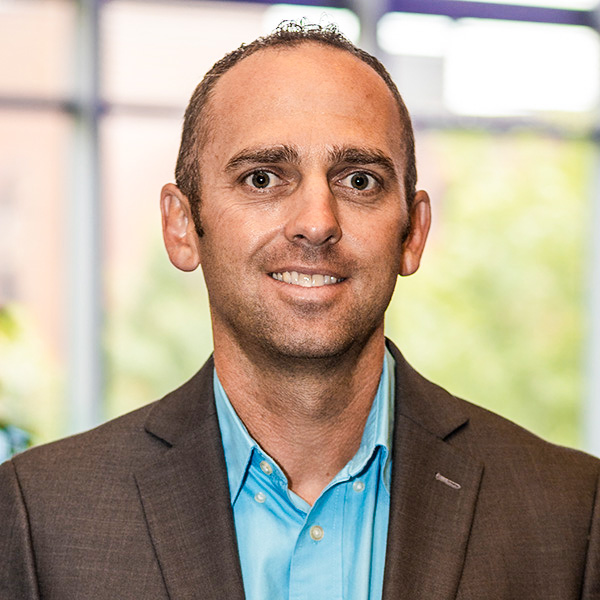
Like many who have built a career in the propane industry, Josh Greene began from humble beginnings. While in college, he started painting tanks to earn some extra money. This initial exposure to the industry piqued his interest, leading him to obtain a commercial driver’s license. He began by driving a bobtail and performing some service work while completing a business degree at a local university.
After graduating in 2003, Greene transitioned to a full-time role in sales and marketing at Arrick’s Propane. This was a pivotal moment for the company, as there had not been anyone focusing on that part of the business before.
By 2006, Greene moved into a managerial position, taking on the role of branch manager at one of the retail locations. Reflecting on that time, it felt like a natural progression, though he was quite young to be managing a team of employees — many of whom were older and more experienced.
As Arrick’s Propane continued to expand, there was a need to introduce an additional layer of management. In 2011, Greene was promoted to operations manager, overseeing five retail locations. This role, which he still holds today, has grown in scope as the company has expanded to eight retail locations.
Greene believes the propane industry benefits from both new and time-tested perspectives. “There is no substitute for the knowledge gained from years of experience,” he says. “Having people to call when you are having a problem who know exactly what you are dealing with and what you need to do to fix it is an invaluable resource.” However, he acknowledges that new perspectives are crucial for questioning established practices and fostering innovation. “Sometimes the best ideas are right in front of you, but you can’t see them because you have ‘always’ done it a different way,” he explains. Greene feels that the healthiest businesses are those that value the wisdom of experience while also welcoming fresh ideas and challenges to the status quo.
Innovation in the propane industry faces several obstacles, including stringent government regulations. Yet, the most significant barrier is often the industry’s own limiting beliefs about what is possible. Greene notes, “We don’t dream enough about the way things could be because we assume we could never get there or the idea just seems too large to tackle.” Greene believes it is crucial for industry leaders to remain curious and resist complacency, even when business is thriving.
Looking to the future, Greene believes the propane industry is well-positioned despite legislative pressures in some states. He emphasizes, “We need to tell our employees, customers, neighbors, family members and government leaders (local, state and federal) that we provide an incredible fuel that is cleaner, cheaper and more dependable than electricity in most parts of the country.”
In managing a propane business, Greene emphasizes employee well-being and professional development. “It is important to provide training and continuing education for our employees, so that they can do their job at a very high level,” Greene says. “However, it is also important to create a culture that values all the different roles that are necessary to make a great team.”


